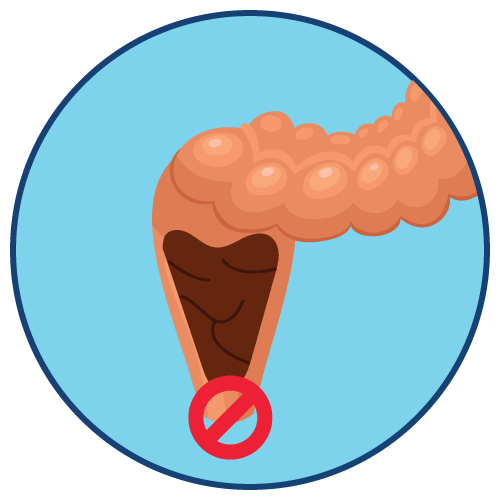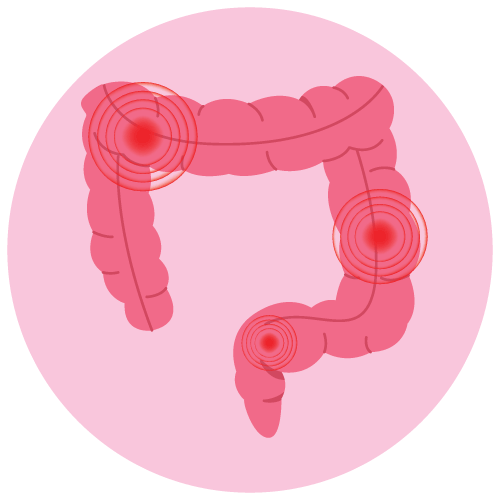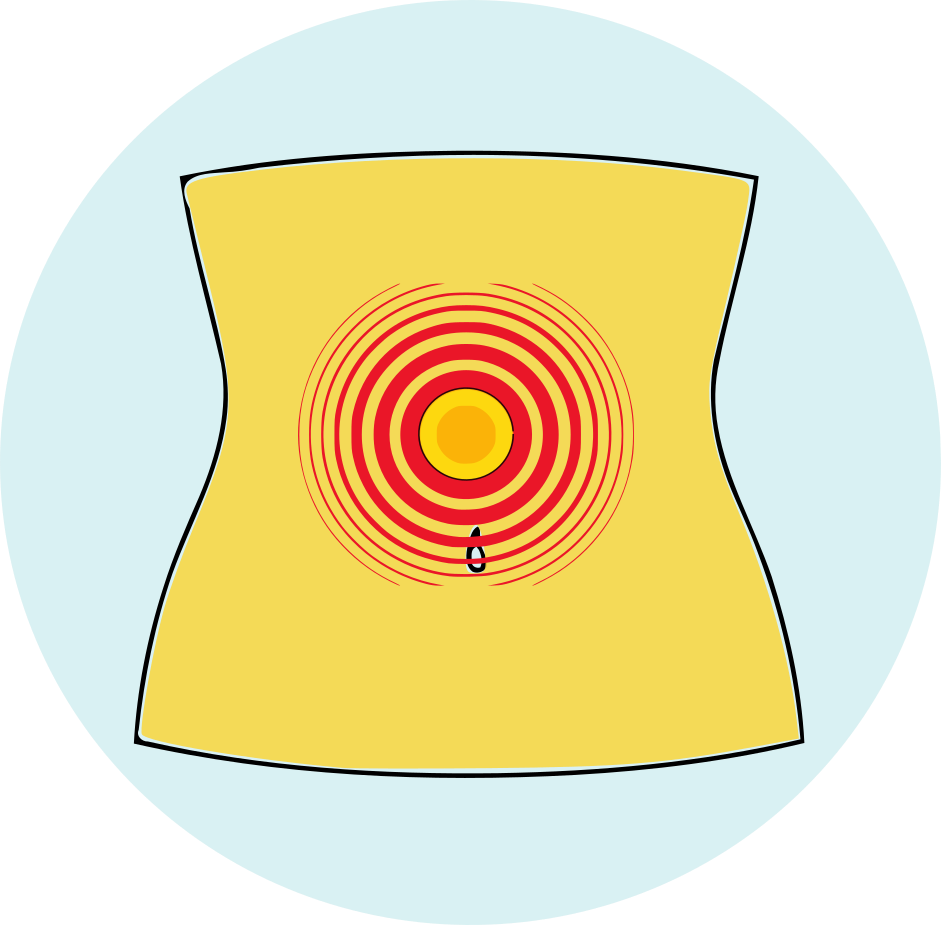| Name | Mebeverine Hydrochloride |
| Classes |
Gastrointestinal Agent Antispasmodic |
| Diseases |
Bloating Diarrhea Gastrointestinal Disease Pain Spasm |
Bangla
Mebeverine Hydrochloride
Mebeverine is a musculotropic antispasmodic medication that acts directly on the smooth muscle of the gastrointestinal tract without interfering with normal gut motility. The precise mechanism of action is unknown, but multiple mechanisms, including decreased ion channel permeability, noradrenaline reuptake blockade, a local anesthetic effect, changes in water absorption, and a weak anti-muscarinic and phosphodiesterase inhibitory effect, may contribute to mebeverine's local effect on the gastrointestinal tract.
For the symptomatic treatment of irritable bowel syndrome and other conditions usually included in this grouping such as:
- chronic irritable colon
- spastic constipation
- mucous colitis
- spastic colitis.
- colicky abdominal pain and cramps
- persistent, non-specific diarrhea (with or without alternating constipation)
- flatulence
- Adults (including the elderly): 135 mg three times a day, preferably 20 minutes before meals. After a period of several weeks, when the desired effect has been obtained, the dosage may be gradually reduced.
The following side effects have been reported with the use of mebeverine-
- Urticaria
- angioedema
- rash
- face oedema
- exanthema
|
|
Consult your physician or pharmacist if you-
- are 40 years or over
- bloody feces
- nauseous
- have anorexia
- are looking pale and feeling tired
- have unusual vaginal bleeding or vaginal discharge
- have (or think you may have) food poisoning, especially if you have recently travelled abroad
Contraindication
Mebeverine Hydrochloride is contraindicated in patients hypersensitive to any component of the medicine.
None known.
None known.
 Bangla
Bangla English
English






